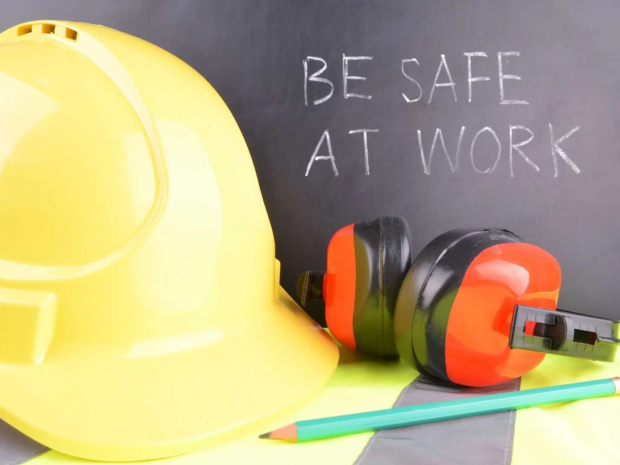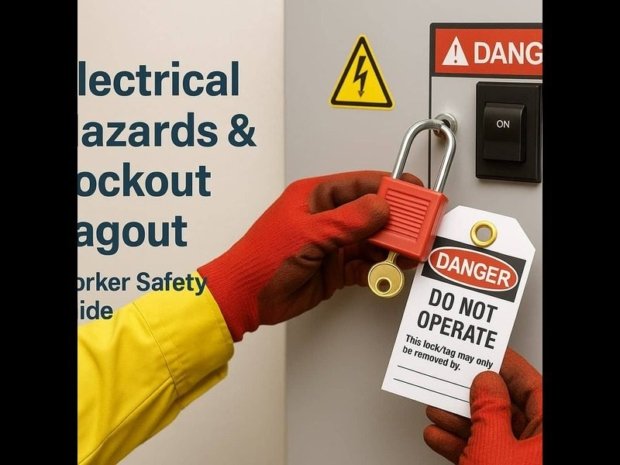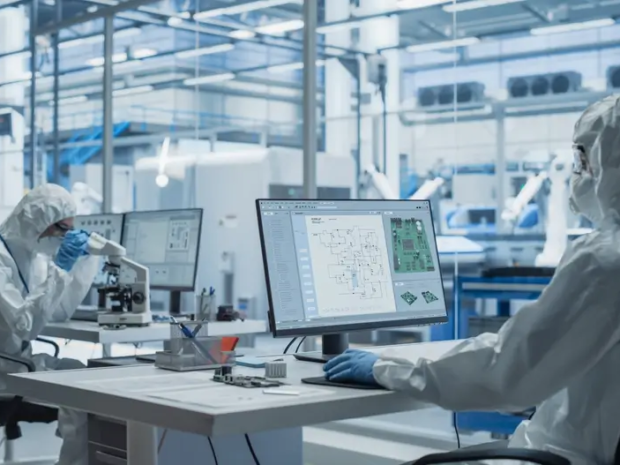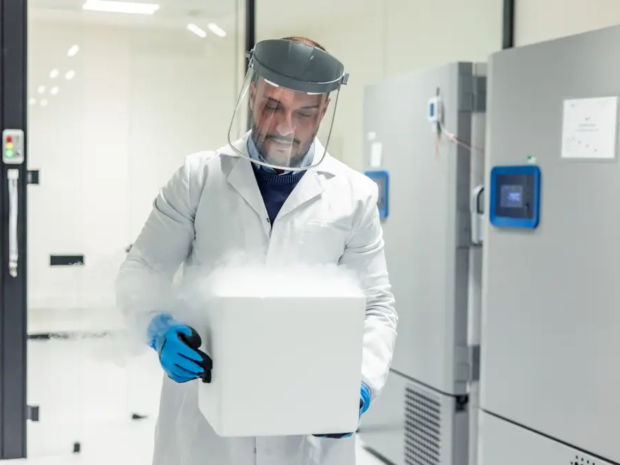In today’s workplaces, environmental responsibility has become more than just a corporate trend—it is a vital part of maintaining worker safety, community health, and long-term sustainability. The Environmental Responsibility Suite (IACET CEU=0.3) of
How Lockout/Tagout Prevents Electrical Injuries at Work
How LOTO prevents electrical injuries and supports OSHA compliance. Updated: September 15, 2025 OSHA 29 CFR 1910.147 & 1910.333 Electrical & LOTO On this page Introduction What Is Electrical Safety in the W
Top Electrical Hazards at Work and How LOTO Prevents Them
Stay safe by understanding top electrical hazards at work and how Lockout/Tagout prevents injuries. Table of Contents Introduction OSHA and Compliance Common Electrical Hazards How LOTO Prevents Injuries Step-by-Step LOTO
Supervisors Prevent OSHA Violations: Safety Guide
Practical actions supervisors can use today to stop common OSHA violations and protect teams. ⏱️ ~7 min read Table of Contents Why supervision matters OSHA context Mini infographic
Substance Abuse in the Workplace: The Hidden Safety Hazard (USA)
Substance abuse is one of the most serious hidden risks in American workplaces. While many employers invest in safety programs, training, and protective equipment, the danger posed by drug and alcohol misuse is often underestimated. The truth is simp
Aseptic Cleanroom Safety: The Essential Dos and Don’ts for Every Role (USA)
Aseptic cleanrooms are highly controlled environments used in pharmaceutical, biotech, and medical device manufacturing. The goal is simple, keep products free from contamination that could harm patients or damage product quality.Everyone in the clea
How cGMPs Keep Dietary Supplement Workers Safe: A Job-Specific Guide (USA)
Current Good Manufacturing Practices (cGMPs), found in 21 CFR Part 111, are often seen as rules to protect customers and product quality. But they also protect the people who make the products, you and your team. Whether you’re a line worker, supe
Safe Handling Practices During Product Destruction in Regulated Industries (USA)
In regulated industries, like pharmaceuticals, biotech, chemicals, and food, product destruction is a serious task. Whether the product is expired, recalled, contaminated, or simply unsellable, it must be destroyed properly. This keeps workers safe,
DEA Compliance Safety Protocols for Manufacturing Staff Handling Controlled Substances (USA)
Manufacturing controlled substances in the U.S. is a high-responsibility job. These materials can be harmful if misused, so strict safety protocols are required. The Drug Enforcement Administration (DEA) has clear rules to protect the public, prevent
Cryogen Handling for Maintenance Crews: Safe Storage and Transfer Techniques (USA)
Cryogens like liquid nitrogen, oxygen, argon, and helium are commonly used in industrial settings, research labs, and manufacturing plants across the U.S. These substances are stored at extremely low temperatures (below –150°C), which makes them both












